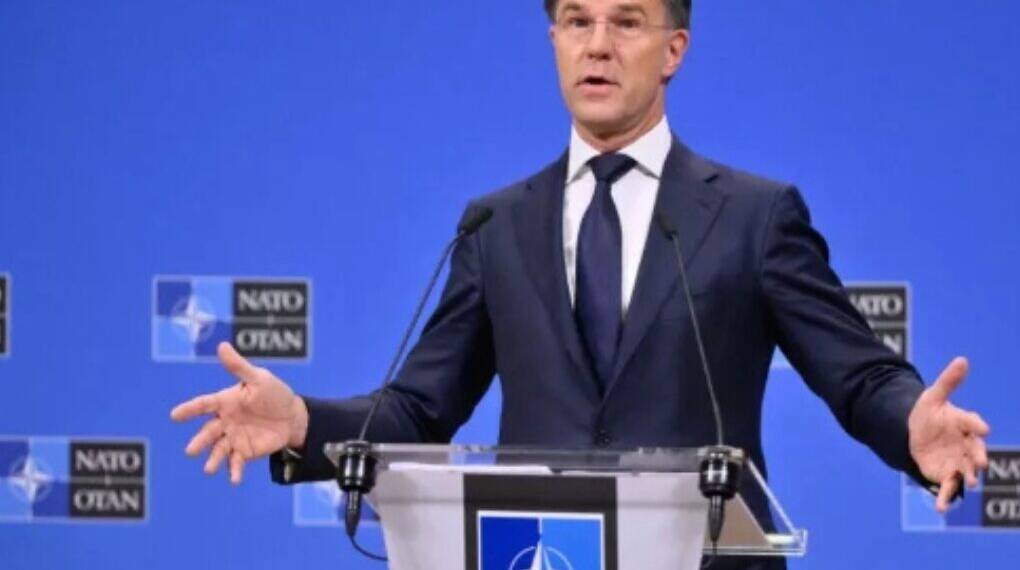NATO has issued a stark warning to Moscow: if a commercial aircraft or passenger vessel crashes due to Russian GPS jamming, the alliance will treat it as a deliberate act of aggression, not an accident. Such an incident could trigger a powerful military response, including direct action against Russia’s electronic warfare systems in Kaliningrad.
Russia’s GPS War Escalates
Over the past months, Russia has intensified its GPS jamming operations across the Baltic region, targeting both military and civilian systems. Airplanes flying over Poland, Finland, Estonia, and parts of Germany have reported repeated signal losses, forcing emergency diversions and flight cancellations. Finnair has already suspended all flights to Estonia for over a month.
The interference is traced to Russian military systems such as Borisoglebsk-2 and Murmansk-BN, based in Kaliningrad. These same systems have been used in Ukraine’s war zones and are now affecting maritime traffic in the Baltic Sea, causing widespread navigational disruption.
Growing Risks to Civilian Lives
According to Baltic and German officials, pilots now routinely lose satellite navigation mid-air, risking crash landings or mid-air collisions. Although NATO has developed a backup system, “R-mode,” it is not foolproof and may not prevent disasters in dense or low-visibility airspace.
The risk is not hypothetical. NATO leaders have made it clear: if Russian jamming causes the death of civilians, it will be considered an intentional escalation, demanding immediate and forceful retaliation.
Possible NATO Responses
In the event of a crash, NATO’s likely initial response would include:
A surge in advanced weapons deliveries to Ukraine
New systems previously held in reserve
Expanded cyber or covert operations to disrupt Russian jamming infrastructure
However, if hundreds die, NATO may go further, targeting Kaliningrad’s installations directly through cyberattacks or even conventional strikes.
Moscow’s Strategy: Bait NATO
Analysts believe Russia is walking a fine line, attempting to provoke NATO into striking first. A misstep by Estonia or Poland could allow Moscow to flip the narrative, claiming victimhood and potentially invoking its nuclear doctrine.
This hybrid warfare—combining electronic attacks, psychological pressure, and plausible deniability—is part of the Kremlin’s strategy to fracture NATO unity, isolate frontline states, and deter a coordinated response.
One Mistake Away from Full Conflict
With tensions rising, NATO remains cautious but firm. The alliance is aware of the risks: one civilian crash caused by jamming, and the hybrid war may turn kinetic. For now, the line holds—but Russia’s provocations are pushing it to the breaking point.








